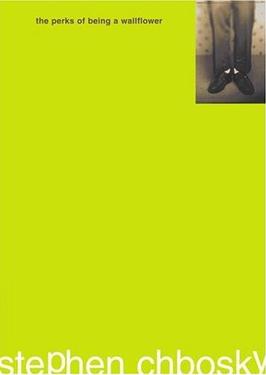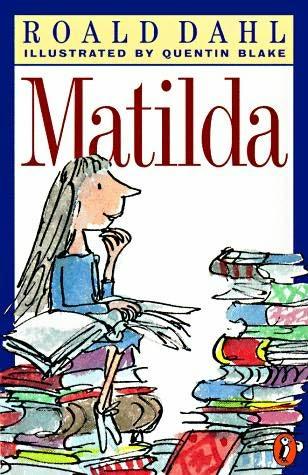I found this article on diversity in books to be rather interesting. David Levithan essentially seems to feel that queer youth need to be represented in books for the same reason that any other group of people need to be represented in literature. It is humanizing to that group of people. By actively limiting the number of queer stories that get to be told, we are vilifying all queer people and saying that their stories are less important and less necessary. If anything, queer stories for children and young adults is even more necessary than most traditional YA stories. As a self-identifying queer person of color, I can testify to how a lack of representation in all media forms made it difficult for me as a young person. I came from a very religious family that refused to acknowledge queerness in any form as valid. Coming from this background, having a lack of other resources and media forms where I could encounter queer characters, I felt very isolated and alone, as if there was something wrong with me. As a queer writer, I hope to follow in Levithan’s footsteps and further push diversity in literature.
Author Archives: jwhite91@gsu.edu
Perks of Being a Wallflower

Ironically, Nick and I seem to be doing the same novel, The Perks of Being a Wallflower by Stephen Chbosky. I chose to write about this novel because it had a heavy influence on me as a reader when I first read this as a teen. Many of the things that the characters went through were things that I could relate with, and I felt that Chbosky did a phenomenal job of creating those characters and relaying their experiences. What made me particularly interested in writing on this for the censorship paper was that it was banned for its homosexual content. This book was first published in 1999, a time when the gay rights movement was beginning to receive mainstream acknowledgement. We can see that as the gay rights movement progresses, more and more people want to push back against the “gay agenda” and prevent books/films/media like this from receiving exposure, particularly exposure to children. For this reason, I want to focus on how the gay rights movement inadvertently caused more push back against young adult novels like Perks to be banned in schools and libraries.
Julia White Picture Book Choice

The book that I have chosen for the picture book essay is Jumanji by Chris Van Allsburg. I chose this book partially due to familiarity. I can recall the Robin Williams movie from the ’90s, so when I saw this on the list of Caldecott winners, it peaked my interest. While I am somewhat familiar with the storyline, I am interested in seeing how the author will use visuals to draw in the reader and strengthen the overall story.
Julia White – First Books

The first book that I can recall being read to me was, Love You Forever by Robert Munsch. I’m not sure what it was about this book, but I felt the need to make my parents read this book to me every night. In my opinion, this was probably the first book that I learned to read. The reason that I have to say “probably” is due to the fact that my parents seem to feel that, seeing as I was only 3 years old, I wasn’t actually reading, but had simply memorized the book from the multitude of times that I had heard the book read to me. The problem that I have is that when I read the book aloud to them, I was reading the correct words for the correct pages. It was, however, a picture book, so I could have been associating words with certain pictures, but even that seems like a bit of a stretch for a three year old.

The first chapter book that I can recall falling in love with would definitely be Matilda by Roald Dahl. It was recommended to me by my school librarian at some point during elementary school (I would suppose somewhere between 1st and 2nd grade), and this book swept me away. I suppose I became so infatuated with the book because I felt as though Matilda was a very interesting character. We were both rather introverted readers, and for that, I felt as though she was relatable. Furthermore, she had telekinetic powers that she used to get back at her enemies, which made her that much cooler to me. Reading this book sent me into a phase where I was reading every Roald Dahl book that I could get my hands on – Charlie and the Chocolate Factory, James and the Giant Peach, The BFG, just to name a few. I think that it was books like those that made me develop the passion for reading that I have today.
